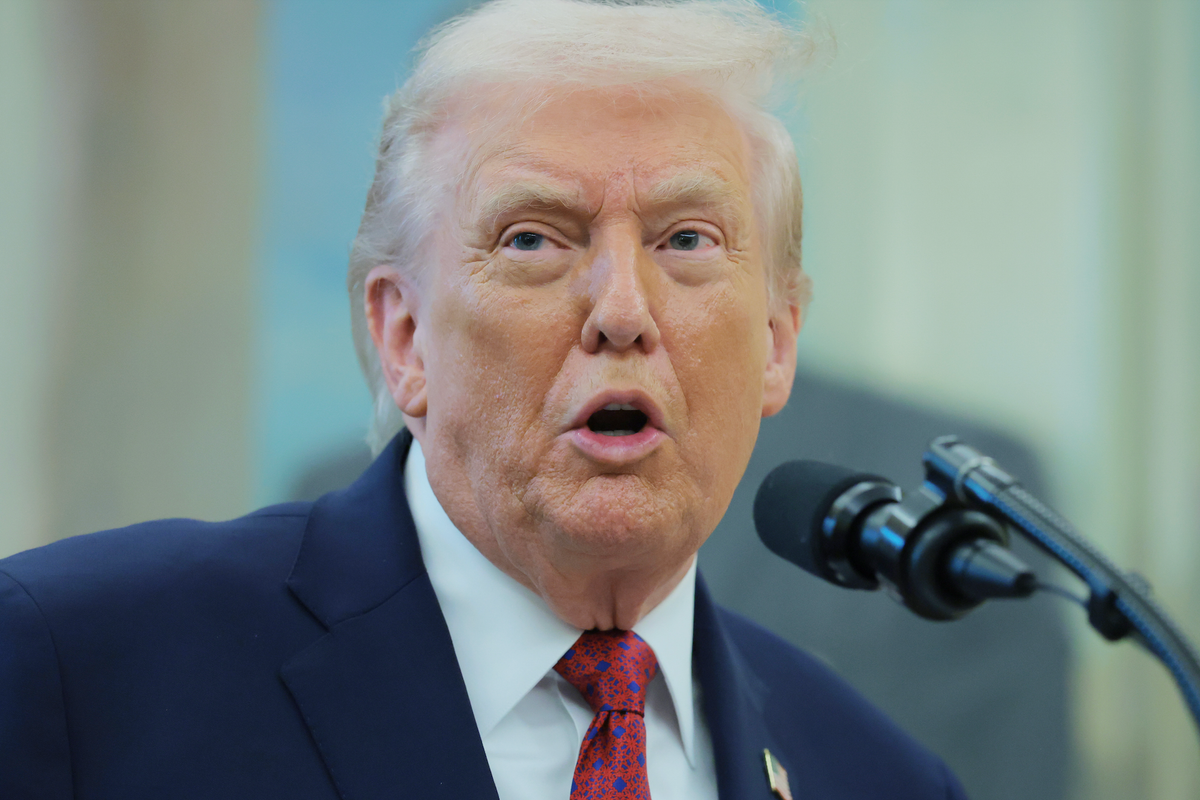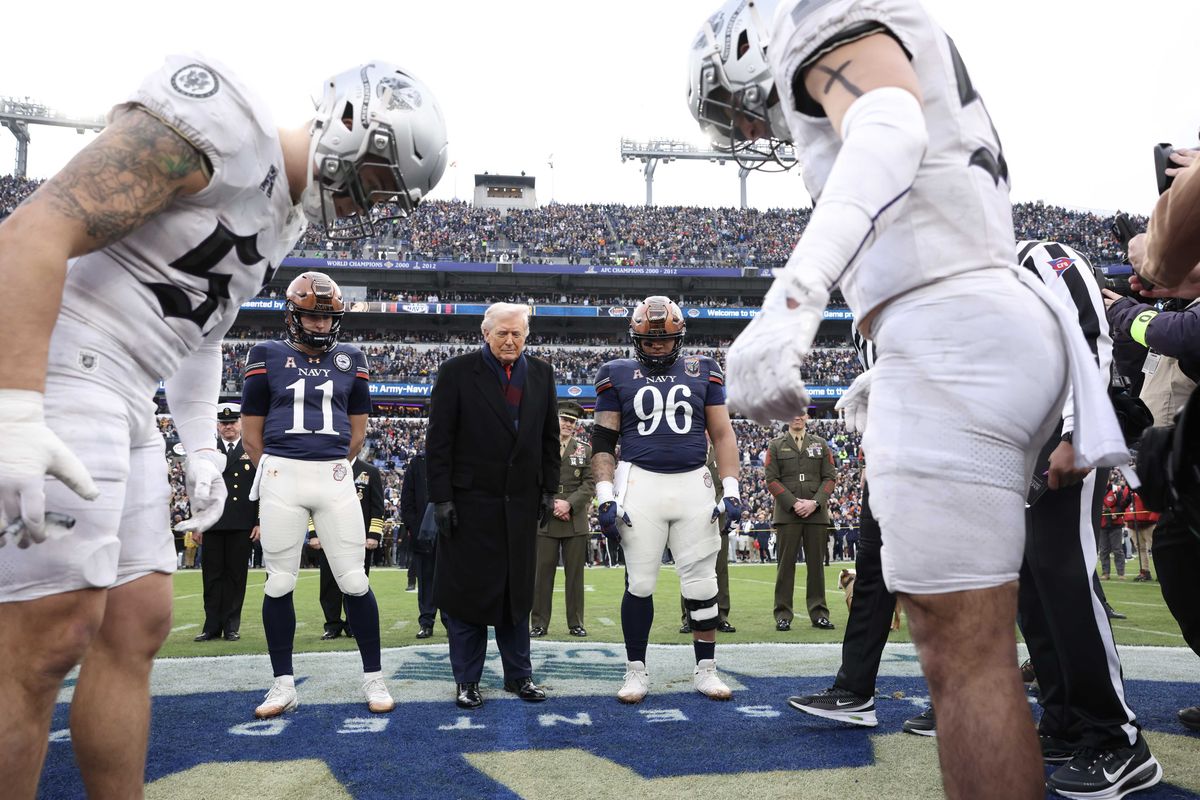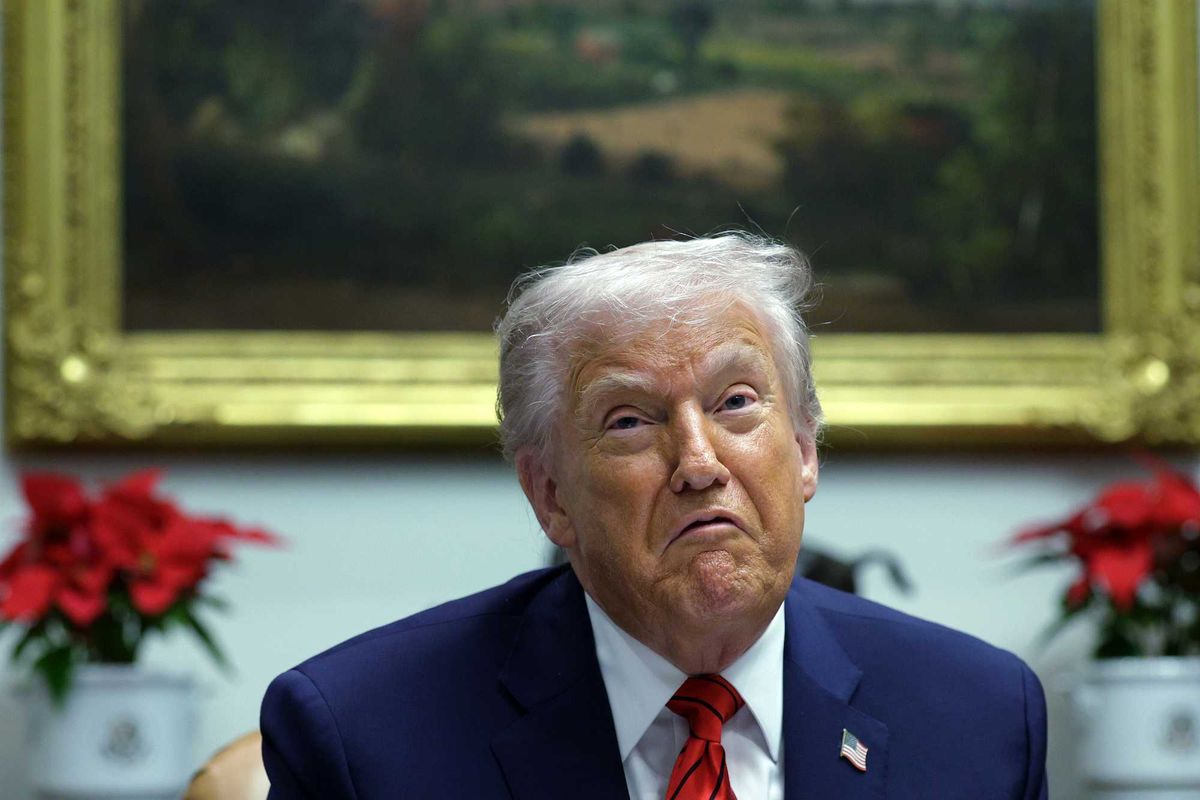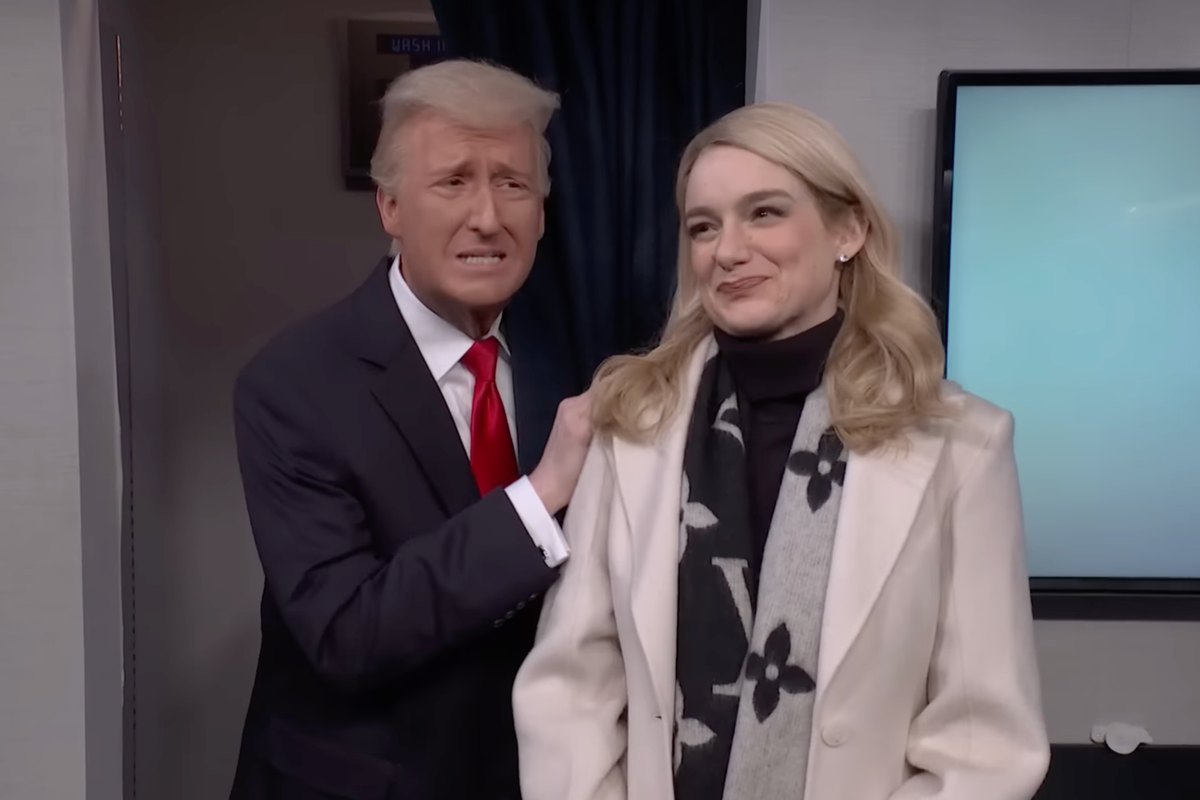News
Joe Vesey-Byrne
Feb 18, 2017
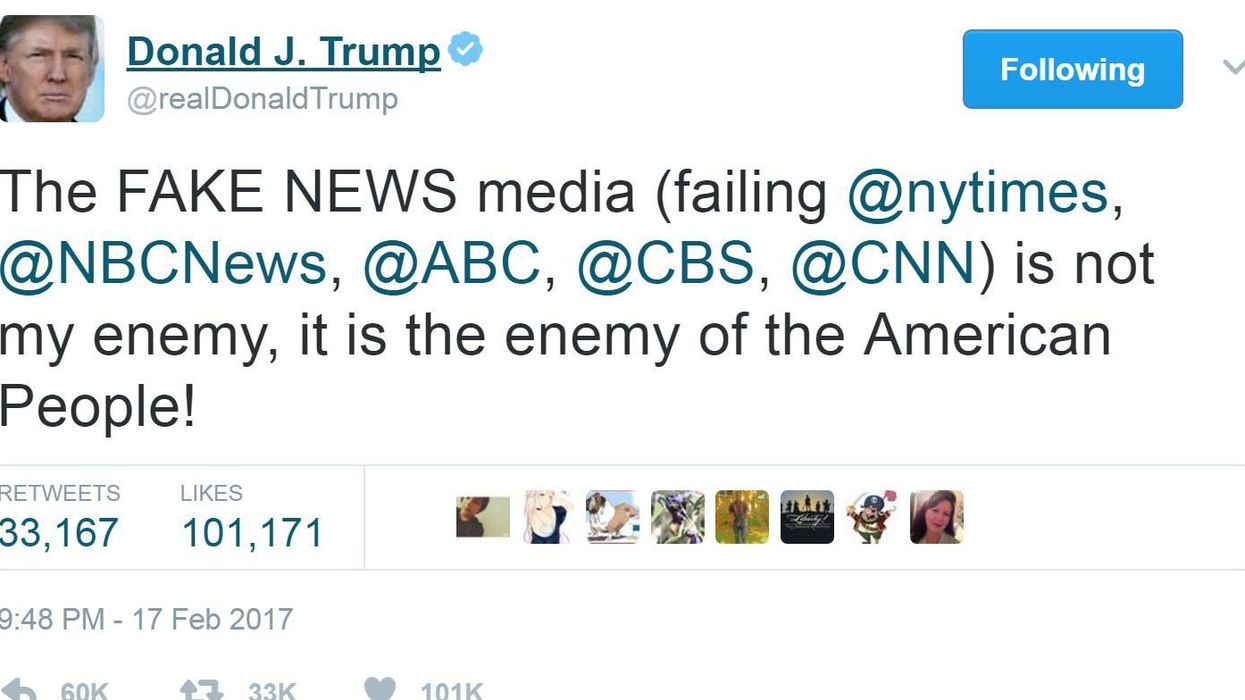
On Friday, United States President Donald Trump called much of the larger news media organisations 'enemies of the American people'.
It was not the first time the president has called the news 'fake', usually in capital letters, nor was it the first time he'd described the press as his adversary.
On 27 January, the president called the media 'the opposition', echoing comments made by his chief strategist Steve Bannon.
Designating your opponents as enemies of the people is populist and authoritarian.
As is, claiming to speak on behalf of the populous, and position oneself as a ‘tribune of the people’.
While almost every dictator from Mao Zedong, to Joseph Stalin, to Adolf Hitler has branded some part of the population as an enemy of the people, its specific application to the free press has more recent examples.
World Leaders
In September 2014 the head of the military junta that rules Myanmar said the media was constantly:
condemning and providing false information again, with some truths omitted, some issues exaggerated, and some news reported without scrutiny.
Burmese language newspaper The Irrawaddy was branded an ‘enemy of the state’ by the junta.
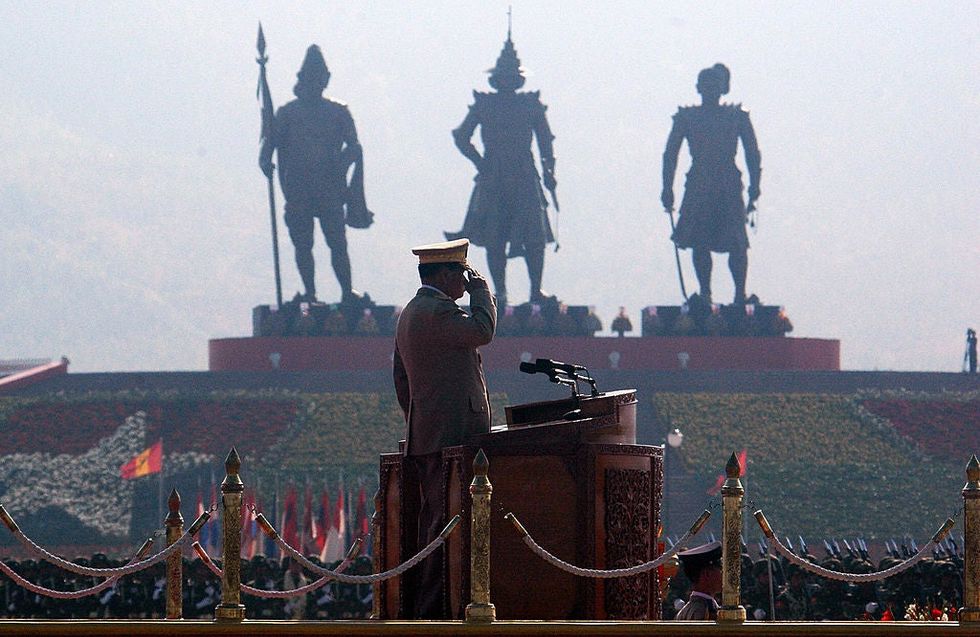
In 2007, Hugo Chavez shut down the RCTV and then made a televised address, on all channels, in which he branded the media group Globovision his next ‘enemy of the state.
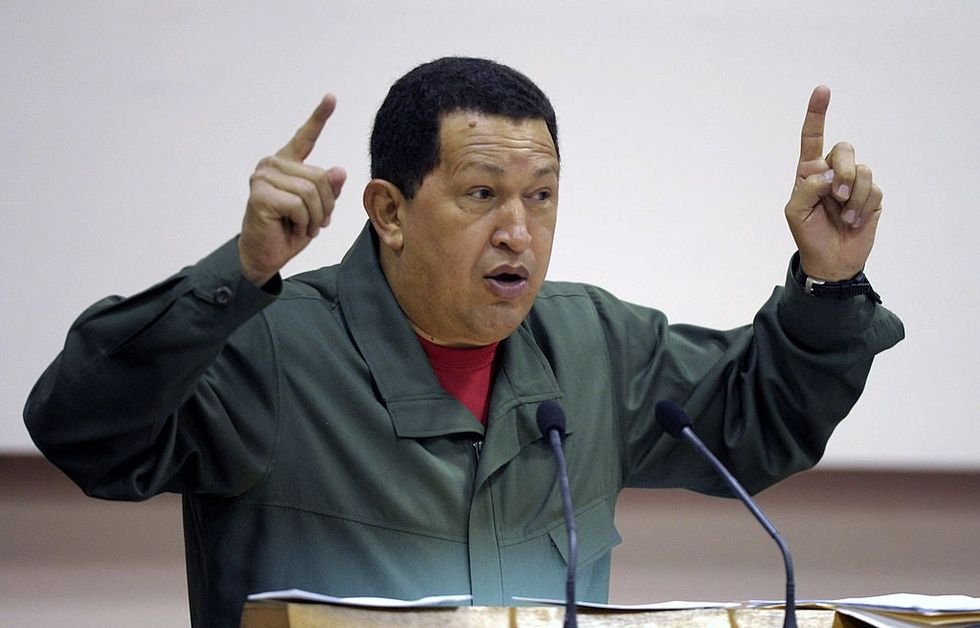
In 1997 Russian state media named Noyaya Gazeta-Mir Ludei (The New Newspaper-World of People), a small 15-member of staff paper that scrutinised the actions of the regional government, was called ‘unpatriotic’ and ‘enemy of the state’.
It was forced to vacate its premises on 31 December 2000, and the government even set up a rival paper with a similar name.
Noyaya Gazeta-Mir Ludei closed in August 2005.
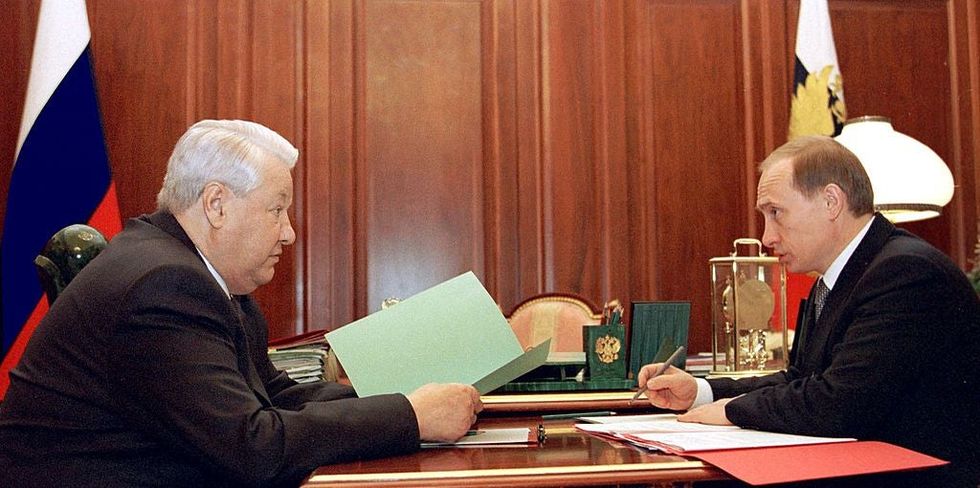
It happens here
Nor is Trump the first American president to undermine the press, and it call it his enemy.
The nation's third president Thomas Jefferson wrote to a newspaper editor:
Nothing can now be believed which is seen in a newspaper.
Truth itself becomes suspicious by being put into that polluted vehicle.
That was in 1807, and after he and his successor president James Madison had set up their own gazette to slander his election opponent president John Adams.
In more recent history, president Richard Nixon's hostile relations with the press led him to similarly describe them as enemies.
In taped phone conversations with the Chairman of the Joint Chiefs of Staff, president Nixon said:
The press is your enemy...Enemies. Understand that? ... Because they’re trying to stick the knife right in our groin.
Though this was in private, and not out in the open as president Trump made his accusations, in the East Room of the White House on Thursday.
Disorientation
Foreign policy experts and political scientists have observed this technique of removing trustworthy sources of information, and have noted it is one regularly employed by despots.
Brian Klaas, the author of The Despot’s Accomplice: How the West is Aiding and Abetting the decline of Democracy has argued that president Trump is using the same techniques as authoritarian leaders.
Writing for Vice, Klaas stated:
First, in order to roll back democratic checks, despots must blur the lines between truth and falsehood.
This makes it difficult to ascertain who to trust in times of crisis.
Second, but relatedly, Trump is doing what despots do best—attacking the media for accurate reporting.
The aim is to discredit the traditional sources of information, and leave citizens unsure who to trust, and what to believe.
The disorientation allows the governing class to remain in power, with their power unchecked by scrutiny.
It does not matter if the public does not believe the nation's leader, what matters is they don't believe the voices contradicting the leader, either.
HT South China Morning Post, VICE
More: The most incoherent part of Donald Trump's most incoherent press conference
More: People are making this simple point about Tony Blair’s anti-Brexit rallying call
Top 100
The Conversation (0)
